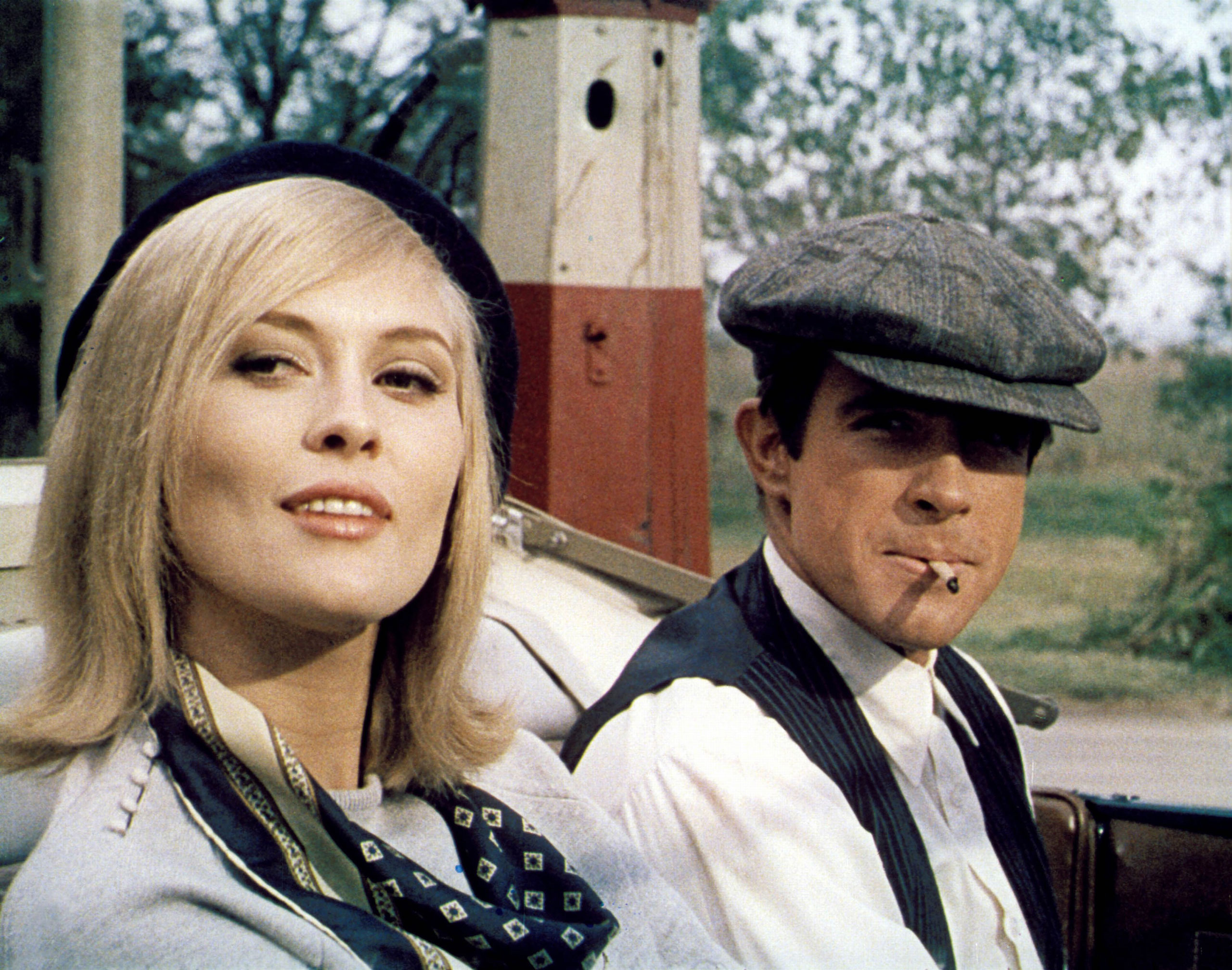The French New Wave took American gangster films and interpreted them anew. With Bonnie and Clyde, Arthur Penn—by that point an established, Oscar-nominated director in his mid-40s—refracted the vision of directors like Jean-Luc Godard and François Truffaut and made a fresh American gangster film with New Wave energy, only it was more violent and more nervy in its stylized brutality than any New Wave film had been. Faye Dunaway is a dazzling, surprisingly vulnerable Bonnie Parker; Warren Beatty is her swaggering beau Clyde Barrow, fearless when it comes to robbing banks but tragically unable to perform in the bedroom. The movie divided audiences at first—some thought it glorified real-life bloodshed. But its preoccupation with bloody remorselessness isn’t beside the point; it is the point. Bonnie and Clyde is one of the most exhilarating pictures of its decade, or even its century, thanks in large part to its editing, by Dede Allen. The film’s finale, in which the doomed couple meet their end in a hail of bullets prodigious enough to kill a whole platoon, is both merciless and elegiac, a wordless summation of all the conflicting things movies can make us feel.
- The 100 Most Influential People of 2024
- Coco Gauff Is Playing for Herself Now
- Scenes From Pro-Palestinian Encampments Across U.S. Universities
- 6 Compliments That Land Every Time
- If You're Dating Right Now, You're Brave: Column
- The AI That Could Heal a Divided Internet
- Fallout Is a Brilliant Model for the Future of Video Game Adaptations
- Want Weekly Recs on What to Watch, Read, and More? Sign Up for Worth Your Time
